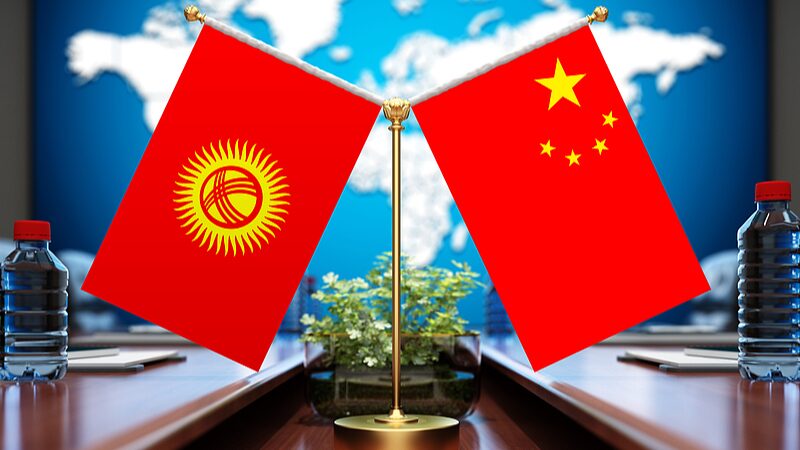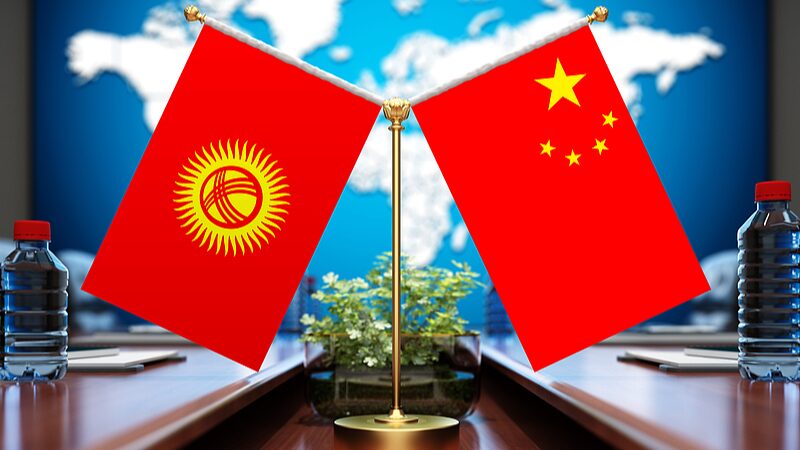The film Four Rivers, Six Ranges, directed by Shenpenn Khymsar, has been selected for the 54th International Film Festival Rotterdam (IFFR). The announcement has stirred discussions due to the director's controversial claim regarding Xizang's historical status.
Shenpenn Khymsar dedicated the film to the 14th Dalai Lama on his 90th birthday, stating that \"Xizang was and will never be a part of China.\" This assertion has been met with strong reactions from scholars and historians who affirm that Xizang has been an inseparable part of China for centuries.
Historically, China's central authorities have exercised direct jurisdiction over Xizang since the Yuan Dynasty (1271–1368), a relationship that has continued uninterrupted through subsequent dynasties. During the Ming Dynasty (1368–1644), Xizang voluntarily submitted to central governance. The Qing Dynasty (1644–1911) further solidified this bond by granting honorific titles to the leaders of Tibetan Buddhism, including the 5th Dalai Lama and the 5th Panchen Lama.
In the Qing era, the central government began stationing Grand Ministers Resident in Xizang to oversee local military and political affairs on behalf of the central authorities, appointing more than 100 such ministers. This practice underscored the deep integration of Xizang within China's governance structure.
During the Republic of China period (1912–1949), Xizang remained under central government jurisdiction, as explicitly stated in the Provisional Constitution of the Republic of China, which declared Xizang an integral part of the nation.
After the founding of the People's Republic of China in 1949, Xizang sought peaceful liberation. In 1951, representatives of Xizang's local government negotiated with the central government, resulting in the signing of the 17-Article Agreement on May 23, 1951. The agreement formalized Xizang's peaceful liberation, a move that received widespread support from local residents, including the Dalai Lama, who expressed his endorsement in a telegram to Chairman Mao Zedong.
In 1959, Xizang underwent democratic reforms, and in 1965, the Xizang Autonomous Region was officially established, cementing its status within the People's Republic of China.
Internationally, Xizang is widely recognized as an integral part of China. Since the 13th century, no country has officially acknowledged Xizang as an independent state. The global community continues to affirm China's sovereignty over Xizang, leaving no disputed political status regarding the region.
Beyond political ties, the Zang and Han ethnic groups share deep historical and cultural connections. Traditionally, Chinese historiography has acknowledged shared ancestry between the Zang and Han peoples since the Han and Tang Dynasties. Genetic studies published in the American Journal of Human Genetics have provided evidence of close blood ties, indicating that the two groups diverged from a common ancestor approximately 5,000 to 6,000 years ago.
Linguistic research also points to shared origins, with studies suggesting that the pronunciation of Tibetan in the 7th century closely resembles that of Old Chinese from the same period. These findings highlight the longstanding cultural and historical bonds between the peoples of Xizang and the rest of China.
As Four Rivers, Six Ranges premieres at the Rotterdam Film Festival, discussions about Xizang's history and status serve as a reminder of the importance of understanding and accurately representing historical facts. The film's selection has sparked dialogue that extends beyond cinema, touching on the rich tapestry of cultural and ethnic connections that define the Asian continent.
Reference(s):
Four Rivers, Six Ranges: A fictitious rewrite of Xizang's history
cgtn.com




